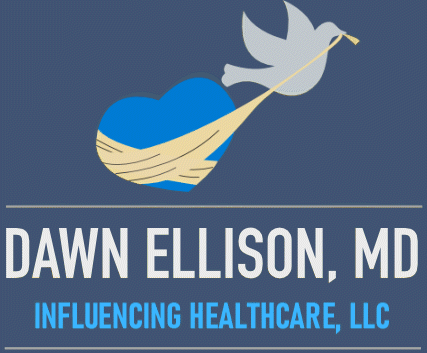What Do You Want to Change?
Today we continue our quest to improve our lives. Attainable goals that reflect our values are crucial.
Consider these questions as you define your goals and your plan for change. You may reflect on them by yourself, with your loved ones, or in the case of an organization or community, with all of those who are affected by the change. (I’m a strong proponent of, “if it is about us, don’t do it without us”. A topic for another blog :-)
What is important? Do you need to make a change in your physical health? Do you need to spend better time with people you care about?
Does your organization need a culture shift? Is there a transformation in your future? It is essential that you spend time on these questions with all that are involved in the change.
Can you make it happen? Are the resources available? Do you have the knowledge and ability to make this change? Is change a reasonable expectation?
What is the critical, or as “Influencer” authors call it, the "vital" behavior that needs to change to make the improvement possible. Like an epidemiologist during the AIDS epidemic, you need to investigate the critical move that will make the difference in the desired outcome.
DJ is a morbidly obese grandfather who has sedentary work, a wife, a dog, and Adult Onset Diabetes. His work is gratifying, he is a respected elder in his neighborhood, his family loves him but his health is a disaster!
We had a conversation about harmful habits. He is quite knowledgeable and understands what a healthy lifestyle looks like. He admitted that he eats an unhealthy breakfast at a fast-food restaurant on his way to work every morning. He knows that he should avoid the high-calorie, high-salt choice for breakfast; but what behavior can he change to accomplish that goal?
The solution we came up with was to drive a different route to work. If he drove past his favorite breakfast spot he couldn’t resist the temptation. Instead, his wife packed him a nutritious breakfast that is 400 calories less, and he found a route to work that took him along the scenic Mississippi River.
So DJ made eating well easier and more enjoyable than the alternative by changing his route to work. This was the vital behavior he needed to change. He enlisted his wife to help. This not only resulted in a healthy menu but also gave him someone to whom he could be accountable.
A big bonus of this plan is that he greatly enjoyed his view of the river every morning. The result of these small adjustments is potentially a 27-pound weight loss over a year. Four hundred calories less a day, for 48 weeks, five days a week = 96,000 calories.
If you assume one pound weight loss for every 3,500 calories; that’s 27 pounds in one year. If he also eats a healthy breakfast on the weekends and vacations he could lose 42 pounds. This carefully thought out plan when implemented is one small step that could make it possible for DJ to get on the floor and play with his grandchildren or toss a football in the backyard.
It’s not everything he needs to do to be healthy; just an example of how to change one habit and make a big difference.
I encourage you to reflect, using the questions above; on the change you want to make and how you can best make it happen.
1.Patterson, Kerry et al, in “Influencer, The Power to Change Anything” 2008
2.Heath, Chip and Dan in “Switch, How to Change Things When Change is Hard” 2010.
Here are some other articles you may enjoy reading
Change is difficult, but it can lead to better habits. By identifying our triggers and cues, we can use them to help build good habits.
How Can You Move the Elephant?
Small steps make change more approachable. Explore different methods that will help lead your ‘elephant’ away from unhealthy habits and onto a path of success.
Have You “Failed” Your New Year Resolution?
Open the window for successful changes by redirecting old habits into easier (and healthier) behaviors.





